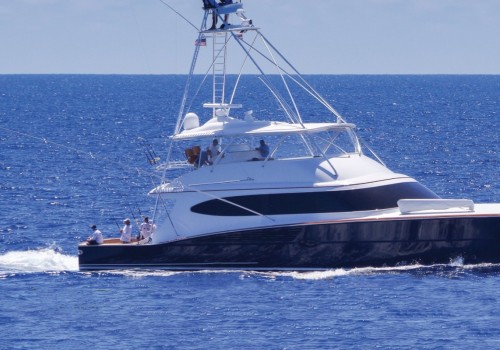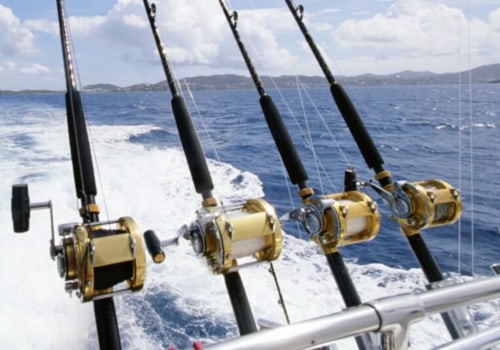The cost of fish in the UK has been on the rise due to a combination of factors, including the increasing demand for fish worldwide, the reduction of fish stocks, and the potential for trade barriers resulting from a hard Brexit. Two-thirds of the fish consumed by UK consumers is imported from abroad, and its costs would rise due to these trade barriers. In addition, the fall in the price of UK fish would cause UK fishermen to suffer a decrease in profits. People all over the world are eating more and more fish, with British citizens consuming an average of 20 kg of fish per year.
This means that imported fish is needed to meet demand; if the UK were to rely only on fish caught domestically each year, supplies would run out in July. The problem is even more pronounced in other countries, such as Spain and Portugal, where people eat on average between twice and three times the amount of fish consumed by the British. The increase in the price of fish can be seen as a positive development or as a damage to fish stocks, depending on how the situation is handled. Effective measures to stop illegal fishing have been one of the causes of rising fish prices, according to Sunday Times columnist and author of The End of the Line Charles Clover.
In addition, diesel costs have risen significantly, which has caused an increase in operating costs for fishing fleets. In conclusion, there are several factors that have contributed to the rising cost of fish in the UK. The increasing demand for fish worldwide has led to a reduction in fish stocks, while trade barriers resulting from a hard Brexit could further increase prices. In addition, illegal fishing and rising diesel costs have caused an increase in operating costs for fishing fleets.








